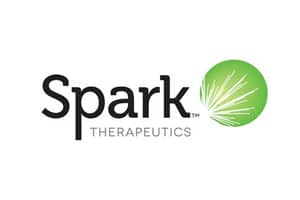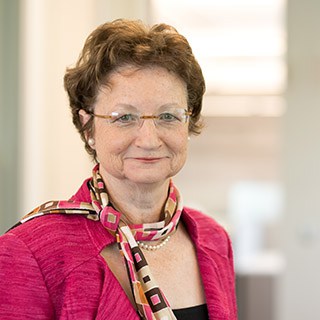
Just yesterday Roche presented impressive data for its new haemophilia A treatment Hemlibra, showing it worked well in the larger group of patients, those without so-called inhibitors, and could make it the new standard therapy.
However new gene therapies for haemophilia A and haemophilia B are also advancing rapidly through the clinic – and could eventually eliminate the need for regular treatment, offering a de facto cure.
Spark Therapeutics and Pfizer today present new phase 1/2 data for their gene therapy for haemophilia B, which is much rarer than haemophilia A and therefore a less prized market.
Nevertheless, the data builds on earlier readouts suggesting the partners have a major clinical breakthrough on their hands: just one out of 15 patients experienced a bleed four weeks after treatment – strengthening belief that the single injection could virtually eliminate the disease.
Cumulative follow-up of more than 18 patient years of observation (5 to 121 weeks) showed all 15 participants in the ongoing phase I/II clinical trial of SPK-9001 for severe or moderately severe (FIX:C ≤ 2%) haemophilia B, had discontinued routine infusions of factor IX concentrates. None of the 15 experienced serious adverse events, and there were no thrombotic events or factor IX inhibitors, as of the 7 May, 2018 data cutoff.
The results build on data first presented from the study in December, and increases the numbers of patients from 10 to 15.
While Spark isn’t using the ‘cure’ word, the company does think it can aim to free patients of the need for regular infusions, while eliminating spontaneous bleeding. This would transform the lives of patients – and is likely to wipe out Factor IX products serving the global haemophilia market if its benefits prove durable in most patients.
These data are presented today by Spencer K. Sullivan, M.D., haematologist and clinical investigator, Mississippi Center for Advanced Medicine, at the World Federation of Hemophilia (WFH) World Congress in Glasgow, Scotland.

“We are pleased to see all 15 participants, notably including the first four participants who have been followed for more than two years, continue to show that a single administration of SPK-9001 has resulted in dramatic reductions in bleeding and factor IX infusions, with no serious adverse events,” said Katherine High, M.D., president and head of research & development at Spark Therapeutics (pictured).
Spark Therapeutics has completed enrolment in the phase I/II clinical trial of SPK-9001 in haemophilia B and is in the process of handing the trial over to Pfizer to complete.
SPK-9001 has been granted FDA Breakthrough Therapy Designation, and now looks set to enter phase III trials, which will also be conducted by Pfizer.
Spark’s first product Luxturna, a treatment for a rare blindness became the first FDA approved gene therapy in December, and has now been administered to its first non-trial patients in the US.
However the biggest excitement is in haemophilia A, the bigger of the two haemophilia markets. Here BioMarin looks to have the edge, with its valoctocogene roxaparvovec or ‘valrox’, formerly BMN 270 producing superior results to Spark’s own SPK-8011.




